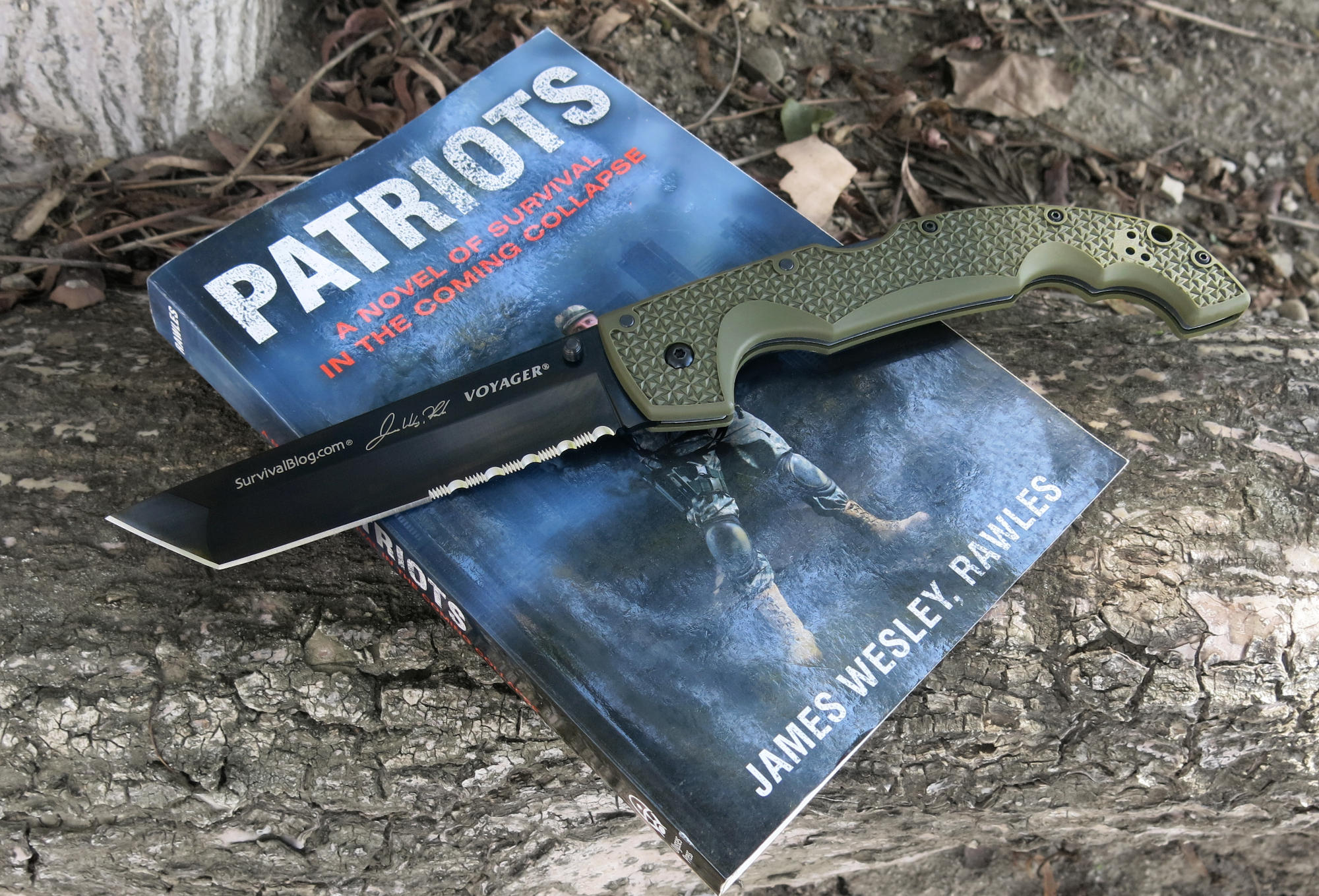Email a copy of 'The Survivalist's Odds 'n Sods:' to a friend
4 Comments
- Ad Survival RealtyFind your secure and sustainable home. The leading marketplace for rural, remote, and off-grid properties worldwide. Affordable ads. No commissions are charged!
- Ad Ready Made Resources Anytone Termn-8RCall us if you have Questions 800-627-3809


“Illiteracy Leads to Censorship”: Early political campaign speeches used a loftier language of much greater intellect of that today because the vote was restricted to free men that were landowners and were by distinction well-educated. Today that sounds wrong, but the consequences were for the good of wealth and industry. The results of the dumbing down evolution are Robin Hood policies and promises that divide and promote poverty.
2,000-word vocabulary? Yoicks! Weaponsman’s blog once linked to a test to determine the size of a person’s vocabulary. Many of us were around 30,000 words.
I think the 2000 number is low, but as a high school teacher I could believe a working vocabulary of about 3000. The working vocabulary is the words that you use in normal conversation. This number is always a fraction of your total vocabulary which are words that you understand. A person with a 3000 word working vocabulary probably has a total vocabulary north of 15000. I think I read somewhere that Shakespear’s working vocabulary was around 30000 and his total vocabulary was about 80000.
I disagree that the lack of words with more than two syllables is indicative of illiteracy. Use the word that best fits the intent of the sentence. In many cases, one- or two-syllable words work well. Reading some of the nineteenth century politicians’ speeches leads me to believe they were speaking to impress rather than express. Nuances are important, and sometimes the three, four, or five syllable words express the intent best. But just as often, short words do the job well. Strunk and White would agree.